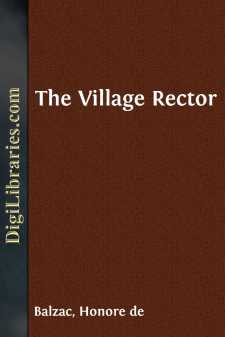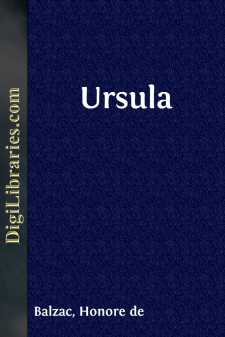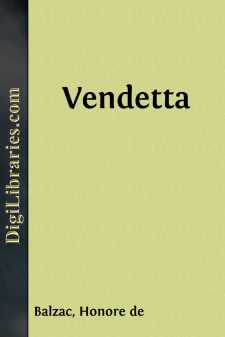Categories
- Antiques & Collectibles 13
- Architecture 36
- Art 48
- Bibles 22
- Biography & Autobiography 813
- Body, Mind & Spirit 142
- Business & Economics 28
- Children's Books 17
- Children's Fiction 14
- Computers 4
- Cooking 94
- Crafts & Hobbies 4
- Drama 346
- Education 46
- Family & Relationships 57
- Fiction 11829
- Games 19
- Gardening 17
- Health & Fitness 34
- History 1377
- House & Home 1
- Humor 147
- Juvenile Fiction 1873
- Juvenile Nonfiction 202
- Language Arts & Disciplines 88
- Law 16
- Literary Collections 686
- Literary Criticism 179
- Mathematics 13
- Medical 41
- Music 40
- Nature 179
- Non-Classifiable 1768
- Performing Arts 7
- Periodicals 1453
- Philosophy 64
- Photography 2
- Poetry 896
- Political Science 203
- Psychology 42
- Reference 154
- Religion 513
- Science 126
- Self-Help 84
- Social Science 81
- Sports & Recreation 34
- Study Aids 3
- Technology & Engineering 59
- Transportation 23
- Travel 463
- True Crime 29
Sort by:
by:
Honore de Balzac
I—GILLETTE On a cold December morning in the year 1612, a young man, whose clothing was somewhat of the thinnest, was walking to and fro before a gateway in the Rue des Grands-Augustins in Paris. He went up and down the street before this house with the irresolution of a gallant who dares not venture into the presence of the mistress whom he loves for the first time, easy of access though she may be;...
more...
by:
Honore de Balzac
I Early in the autumn of 1826 the Abbe Birotteau, the principal personage of this history, was overtaken by a shower of rain as he returned home from a friend's house, where he had been passing the evening. He therefore crossed, as quickly as his corpulence would allow, the deserted little square called "The Cloister," which lies directly behind the chancel of the cathedral of Saint-Gatien...
more...
by:
Honore de Balzac
I. THE SAUVIATS In the lower town of Limoges, at the corner of the rue de la Vieille-Poste and the rue de la Cite might have been seen, a generation ago, one of those shops which were scarcely changed from the period of the middle-ages. Large tiles seamed with a thousand cracks lay on the soil itself, which was damp in places, and would have tripped up those who failed to observe the hollows and ridges...
more...
by:
Honore de Balzac
UNCONSCIOUS COMEDIANS Leon de Lora, our celebrated landscape painter, belongs to one of the noblest families of the Roussillon (Spanish originally) which, although distinguished for the antiquity of its race, has been doomed for a century to the proverbial poverty of hidalgos. Coming, light-footed, to Paris from the department of the Eastern Pyrenees, with the sum of eleven francs in his pocket for all...
more...
by:
Honore de Balzac
CHAPTER I. THE FRIGHTENED HEIRS Entering Nemours by the road to Paris, we cross the canal du Loing, the steep banks of which serve the double purpose of ramparts to the fields and of picturesque promenades for the inhabitants of that pretty little town. Since 1830 several houses had unfortunately been built on the farther side of the bridge. If this sort of suburb increases, the place will lose its...
more...
by:
Honore de Balzac
CHAPTER I. PROLOGUE In the year 1800, toward the close of October, a foreigner, accompanied by a woman and a little girl, was standing for a long time in front of the palace of the Tuileries, near the ruins of a house recently pulled down, at the point where in our day the wing begins which was intended to unite the chateau of Catherine de Medici with the Louvre of the Valois. The man stood there with...
more...
by:
Honore de Balzac
EL VERDUGO The clock of the little town of Menda had just struck midnight. At that moment a young French officer, leaning on the parapet of a long terrace which bordered the gardens of the chateau de Menda, seemed buried in thoughts that were deeper than comported with the light-hearted carelessness of military life; though it must be said that never were hour, scene, or night more propitious for...
more...
by:
Honore de Balzac
Z. MARCAS I never saw anybody, not even among the most remarkable men of the day, whose appearance was so striking as this man's; the study of his countenance at first gave me a feeling of great melancholy, and at last produced an almost painful impression. There was a certain harmony between the man and his name. The Z. preceding Marcas, which was seen on the addresses of his letters, and which...
more...









